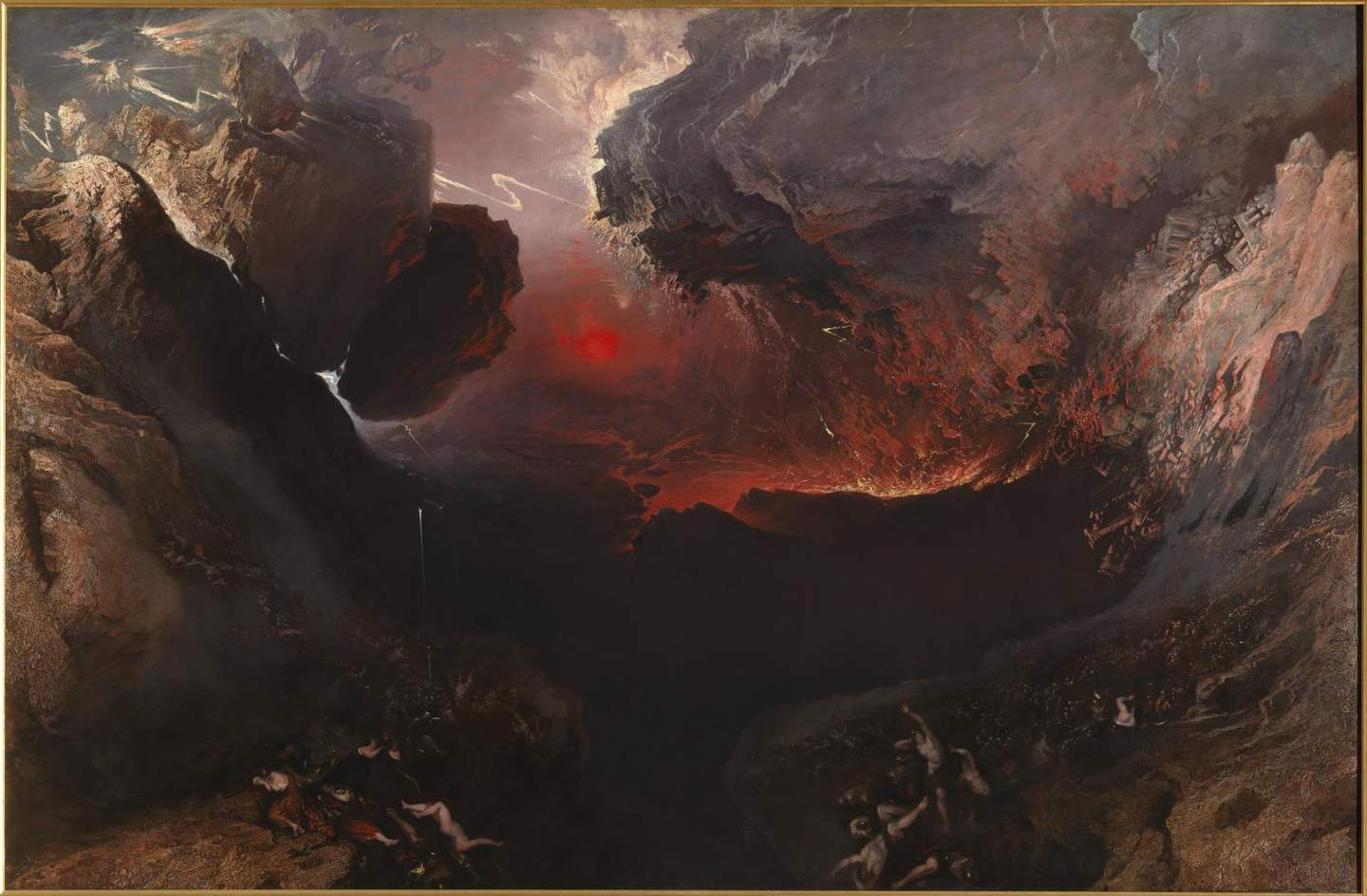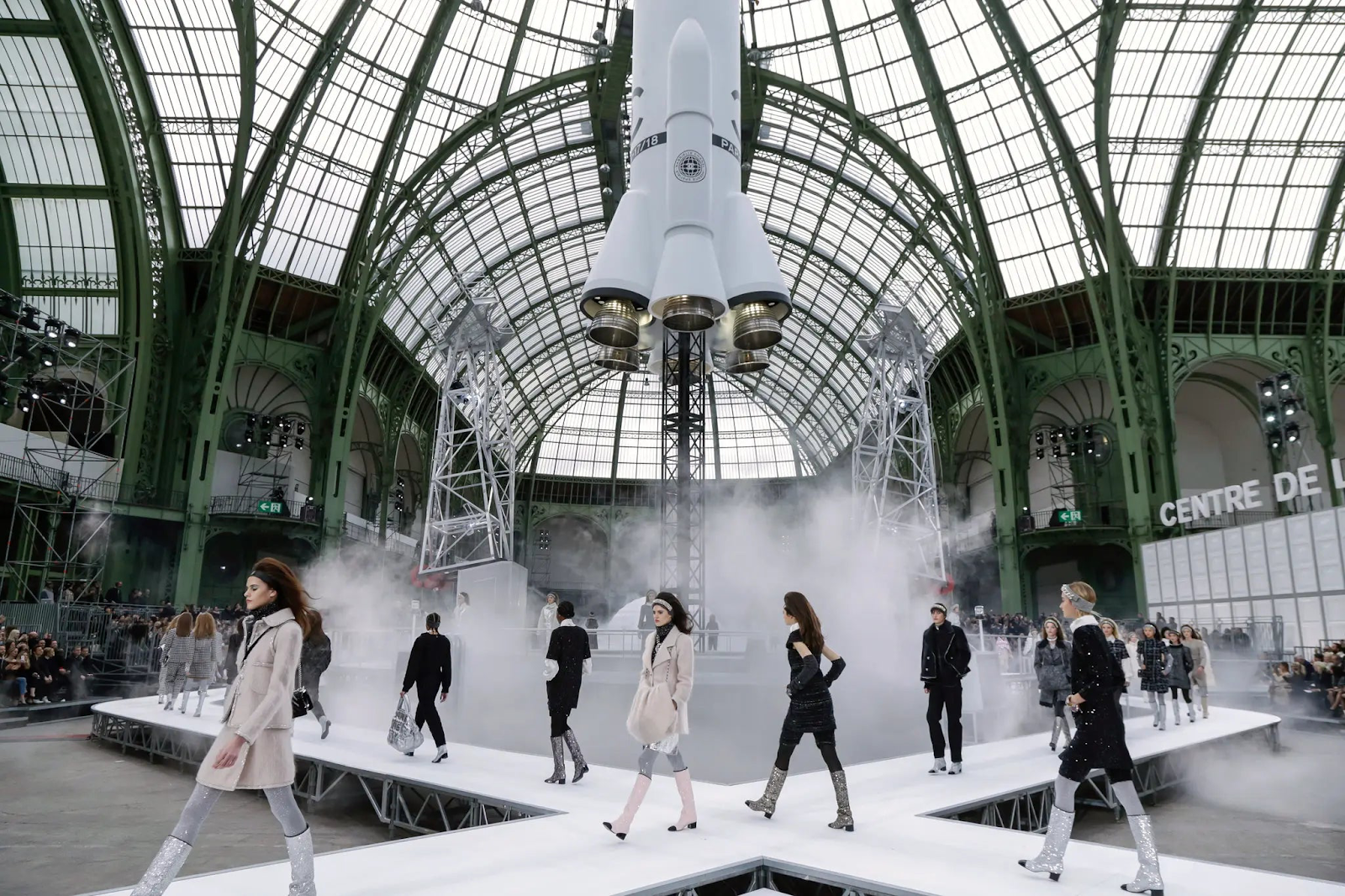Overview in Effect
Album cover of Cassandra Jenkins’ latest release, 2024’s My Light, My Destroyer. On it, she overlooks a layer of the cosmos, as if we are the Earth she is overseeing. Shot by Wyndham Garnett, courtesy of Dead Oceans. Made available through Pitchfork.
"From space, I saw Earth not as a collection of nations, but as a single entity with one destiny." — Ronald Garan, ISS Astronaut
At elevation, the significance of life astounds. It is the act of removal, overlooking the crooked vergence of Earth’s seismic slopes and man’s mimetic scenery, that can bring a sense of enlightenment. Adrift in the shuffle, the environments we parse and inhabit become our native locus for existence, the vertex at which all meaning is derived. Associations are bidirectionally formed between burgeoning identity, subjects localized to our purview, and the abstract concepts we substantiate, assuming a representational condition however far-flung one strays from their presupposed point of origin. Yet, taken for granted, the confines of the immediate are oppressive, as the perceptual overload of urbanized life—persistently aroused by visual stimulation, sociophysically engaged in construction—unconsciously imbues a sense of aimlessness in relation to the supposedly greater whole. A self-inflicted affront to harnessing all our inbuilt potential, we consume materialistically in a bid to cope, eroding the face of the natural, in turn eating away at our livelihood. The mortal coil is thus a treacherous path (one often bordering on dominion), and there are those who, Machiavellian, aspire for more, seeking refuge in the stars while stripping our Mother Planet of her vitality (i.e., the exploits of Musk, and the shortcomings of SpaceX).
Macrocosmically, what we are doing to the Earth is what we have always been doing to her paradisiacal pockets: taking at a rate disproportionate to what we give. There is an innate (and hypocritical) instinct to therefore want to flee, and in the sequestered oases that we are slowly but surely ridding our landscapes of, we find absolution. Atop a mountain, between a forested ridge, or overseeing the divine flow of water, the complex mélange of awe, fear, and appreciation instilled in green and blue spaces is called ‘The Sublime,’ and it has been depicted as the sheer vastness of nature unfettered in artistic expressions predating the term’s coinage by Edmund Burke in 1757, to Romantic effect. It is a qualitative experience felt regardless of linguistic articulation, charting an intense human unraveling. And yet, relative to the pinnacle of our outer world expeditions, it is a mere abbreviation.
John Martin’s painting, The Great Day of His Wrath (1851-1853). An artistic depiction of the immeasurability of nature, in tandem with celestial omnipotence: the sublime. Courtesy of the Tate Collection.
Recognized interchangeably as ‘the big picture effect’, ‘the orbital perspective’, or, perhaps most elusive, ‘the astronaut’s secret’, ‘the overview effect’ is reportedly the apex of human wonder. It is unremarkable then that only a select few may ever undergo such a radically transformative occurrence; the term refers to the alteration in perspective that occurs by way of ‘A Trip to the Moon’ (en français, ‘Le voyage de la lune’, referring to the 1902 event horizon for the modern science-fiction genre, its titular journey emphatically once seen as the most coveted, impossible feat that human invention could ever bestow).
Curiously, the verbiage itself—of unlocking ‘universal insight’—was once itself grounded in fiction. First conceived by Frank White in 1987, he was anticipating the phenomenological experience of a future offworld civilization, writing in The Overview Effect: Space Exploration and Human Evolution (4th ed., 2023): “People living in space settlements will always have an overview! They will be able to see how everything is related, that what appears to be ‘the world’ to people on Earth is merely a small planet in space, and what appears to be ‘the present’ is merely a limited viewpoint to one looking from a higher level. People who live in space will take for granted philosophical insights that have taken those on Earth thousands of years to formulate. They will start at a place we have labored to attain over several millennia.”
Whether these denizens of tomorrow were a splinter cell sister species or a space-faring offshoot of our own, does not matter. What is important, however, in defining it like so, is that the revelation that occurs appears to be bounded by culture, context, and hindsight of what came before. I mean, why isn’t it that we all look to the moon and are met with the same deep-seated captivation, of an urge to protect something so distal? Assumably, there must be something about pre-defined history and a sense of place that defines the experience, or we are just that anthropocentric to believe that we can defy the Copernican Principle (that humans “are not privileged observers of the universe, and that observations from the Earth are representative of observations from the average position in the universe.”)
Chanel’s Fall 2017 show, rocking a cosmonaut couture collection, crudely imitating a lunar landing. Shot by Valerio Mezzanotti for The New York Times. Image acquired via Starwalker.
For the astronaut though (who, critically, quickly documented what was essentially an unverifiable hypothesis prior, bridging philosophical and psychological notions), beholding Earth silent in spherical glory—now as an object detached from situation, but still with the baggage of meaning—a lunar viewing deck allegedly clarifies the frailty of our forsaken footing in contention with the infinity of the great expanse. An off-world observatory accordingly puts into perspective the preciousness and simplicity of life on Earth, as well as an understanding of its intricate interconnectedness, fostering this most ultimate, urgent sense of stewardship: to nurture upon concussive re-entry. Seemingly transcending Maslow’s final hierarchical pillar of self-actualization, some say simulating this effect may be the preventative measure to our fundamentally terrestrial, ecological quandaries as a result.
The above makes it all seem rather like godhood—a capacity for existential questioning bearing the power to end crises—but the shift that occurs is plainly cognitive, and characteristically human. Induced post-orbital transit, it could be that ‘the overview effect’ is an extension of the self-fulfilling prophecy, that the cosmonaut comes to actively construct metaphysical admiration as karmic payoff at the end of a fraught cosmic journey (as if earned or deserved for the bounds taken and the toll on their body, all in advancement of that floating asteroid over there, constantly in the distance). Undeniably, there is a more basal visceral layer to it also; there must be an objective beauty that moves one to tears as a passive attendant from afar—no longer a mere cog in the wheel.
An exhibition held at Lewisham Art House that paid homage to ‘The Overview Effect’ featured the work of Henrietta Armstrong (pictured above). It focused heavily on that notion of altered perspective, describing Armstrong’s work as “a reconfiguration of familiar structures into alternative architectures and patterned symmetries”. Words by the Artist Information Company, image courtesy of Broomhill Estate.
Like the verisimilitude of ‘The Sublime’ in Romanticism, ‘the overview effect’ has begun to seep its way into aesthetic depictions, which may be a foolhardy indicator of its psychosocial necessity. For one, it served as the thematic backdrop for singer-songwriter Cassandra Jenkins’ 2024 album, My Light My Destroyer, the out-of-body outsider’s outlook it professedly grants splendidly implied in the third-party, documentarian style of its lyricism. Reflecting on her inspiration, in discussion with Bernard Zuel, Jenkins elaborated: “I was thinking about William Shatner describing his experience of leaving the earth’s atmosphere … It reveals this very fine line between Nirvana and a mental breakdown … I’m very interested in understanding that and looking at it and asking questions about [it]... There are people who have similar accounts with psychedelics [and it’s] difficult to describe experiences that really do dance on that very fine line between the two.”
Clearly, although most characterize ‘the overview effect’ in a positive light, as Jenkins puts it, there surely is an element of interplay and intersubjective appraisal. Not all have the same universalized experience, nor is its valence guaranteed. Few take well to overwhelming sensory surcharge, and when your resident abode is made salient to the inconceivable magnitude of a universal pedestal, it follows that resulting feelings may ensue of dread, meaninglessness, and reduction. To White’s ‘the overview effect’, Deana L. Webiel raised the ‘the ultraview effect’ to explain this sort of sinking feeling often felt when we see a multitude of stars laid before us in the night sky—not even their totality.
In effect, what people assert from ‘overview’ is too much of a holistic picture, as if a special elite crew can suddenly solve problems counterfactual to our continued existence from gazing upon its image. That is not to deny that the widening gyre occurs, but it seems to be more of a function of perception, informing personal belief, rather than a summary that goes for all. Additionally, it seems problematic to talk about ‘the overview effect’ as something mentally unattainable until the tables turn at a crescent distance, when those experiences are functionally realized by the same neurons responsible for encoding all other visual information. It begs the question whether any earthen stimulus, however striking, could ever hold a candle to the celestial magnificence of our planet.




